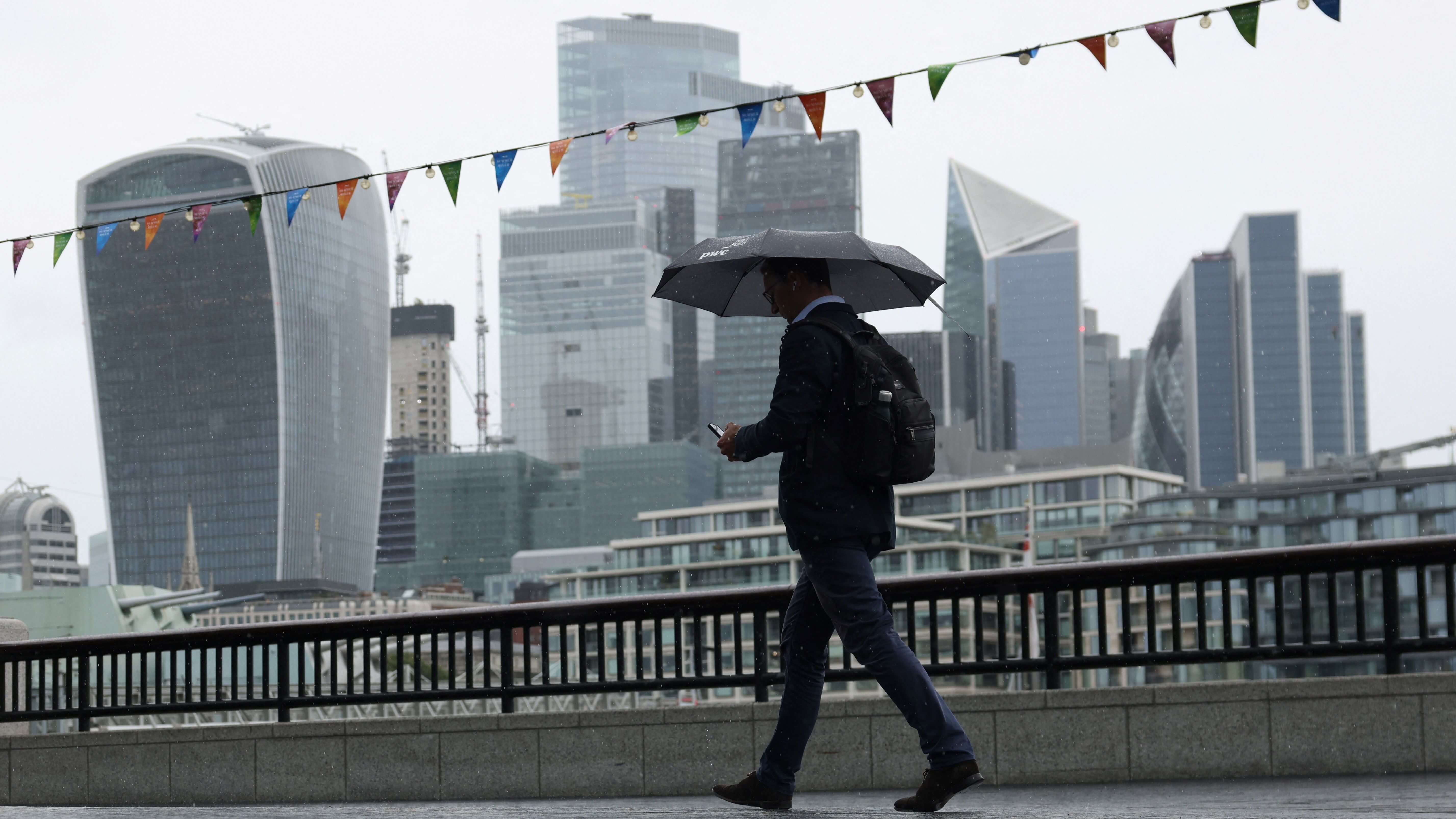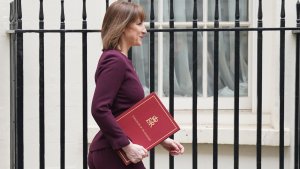UK Growth Slows As Businesses Await October Budget, Survey Shows
Firms are putting off investment plans.

Economic growth in the UK looks set to slow as businesses adopt a cautious stance ahead of Chancellor Rachel Reeves’ upcoming Budget, according to the latest purchasing managers’ index (PMI) survey.
The closely watched ‘flash’ PMI came in at 52.9 for September, a dip from 53.8 the previous month and below analysts’ expectations, marking the lowest reading in two months.
Although still above the 50-point threshold that signals economic expansion, the survey indicates a slowdown across both the services and manufacturing sectors.
Despite the weaker numbers, this marks the 11th consecutive month of growth, underpinned by rising customer demand and improving domestic economic conditions.
However, the PMI report noted that fragile client confidence and inventory cutbacks are weighing on growth, as businesses adopt a ‘wait-and-see’ approach in anticipation of the October 30 Budget.
“Investment plans in particular are reported to have been put on ice pending clarity on the new government’s policies, especially towards taxation,” said Chris Williamson, chief business economist at S&P Global Market Intelligence.
He added that business uncertainty is also stifling hiring decisions, with many companies holding off on key actions until after the Budget announcement.
Despite the slowdown, Williamson reassured that the situation “should not be seen as too concerning,” noting that the survey’s data is consistent with the UK economy growing at a quarterly rate of 0.3%, in line with the Bank of England’s forecasts.
Business confidence remains relatively high, driven by robust new orders in the services sector, but the looming Budget is creating nervousness across the board.
The survey also provided some relief on the inflation front, with prices charged by businesses falling to a 42-month low. This moderation in inflationary pressures comes as competitive pressures force businesses to rein in price hikes, particularly in the services sector—a key area of concern for the Bank of England.
However, input price inflation saw a slight uptick, driven by higher shipping costs and rising salaries, with the manufacturing sector experiencing the steepest purchase price inflation since January 2023.
Economists have largely echoed the survey’s findings, interpreting the data as a signal of a gradual cooling in the UK’s economic momentum. “The fall in September’s composite flash PMI is not a sign that the economy is on the cusp of another downturn, but instead is further evidence that real GDP growth has slowed towards a more normal rate in Q3 after the burst of growth in the first half of the year,” said Alex Kerr, UK economist at Capital Economics.
The survey results also come in contrast to a more severe economic picture emerging in Germany, where the PMI pointed to an accelerating downturn, with job cuts reaching their fastest pace in over 15 years outside of the pandemic.
As the UK braces for its autumn Budget, businesses across the country are holding their breath, with hopes that Chancellor Reeves’ first Budget will provide clarity and confidence for investment and growth.
For now, the data suggests that while growth is slowing, the UK is not facing an imminent downturn—rather, it’s navigating a period of recalibration as businesses prepare for the government’s fiscal plans.
Thanks for signing up to Minutehack alerts.
Brilliant editorials heading your way soon.
Okay, Thanks!


